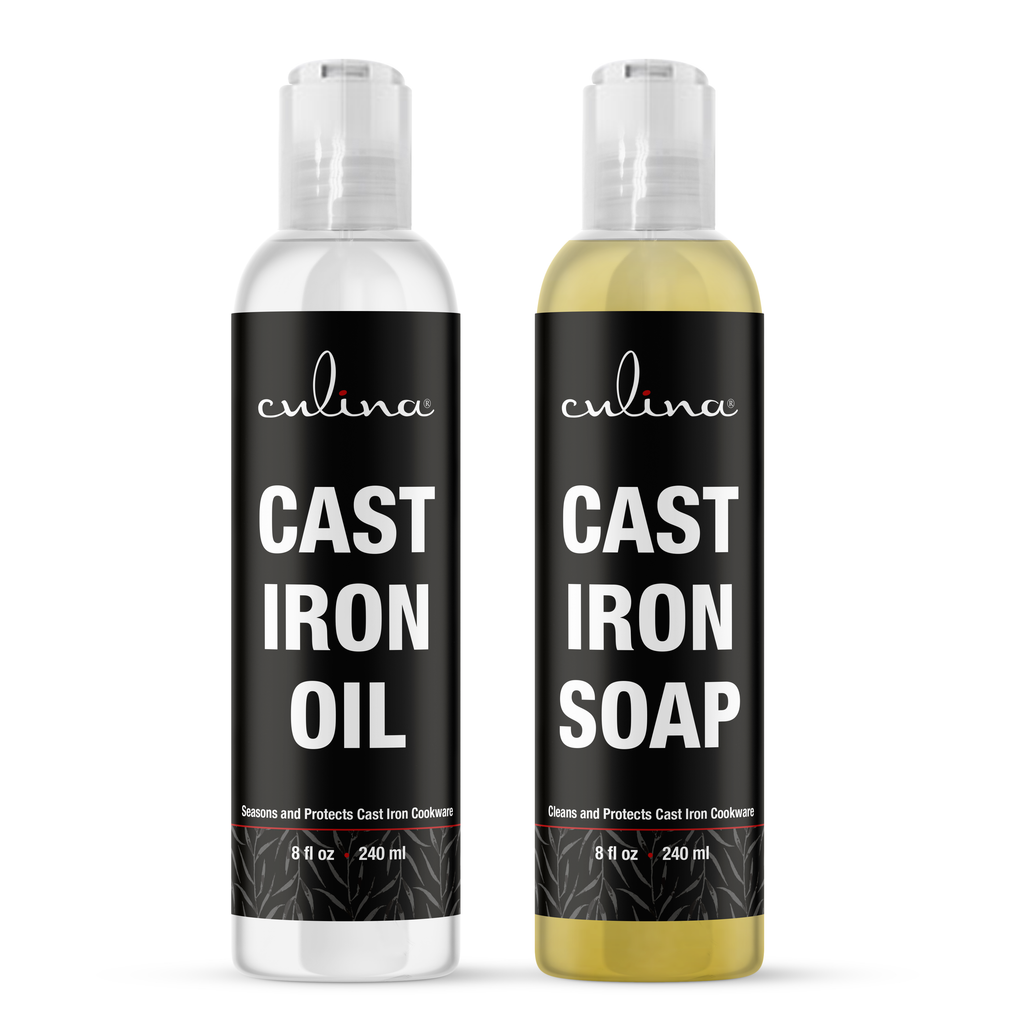What Does Olive Oil Do for Your Skin? Benefits You Must Know
As beauticians, understanding how various natural products affect the skin is essential in delivering valuable services to clients. One of the most talked-about elements in skin health is olive oil. Rich in nutrients, many question: what does olive oil do for your skin? This article dives deep into the multifaceted benefits of olive oil, addressing everything from moisturizing to anti-aging properties.

Why Olive Oil is a Skincare Essential
At the core of olive oil's appeal is its rich composition. Packed with fatty acids and antioxidants, particularly vitamin E and polyphenols, it plays a significant role in skin protection, hydration, and nourishment.
1. Deep Hydration
One of the primary advantages of olive oil is its ability to deeply hydrate the skin. The oil's emollient properties allow it to trap moisture in the skin, making it an excellent choice for individuals with dry skin types. When applied, it penetrates deeply and provides an occlusive layer that locks in hydration. This feature is particularly beneficial in skincare routines during colder months, where dryness tends to impact the skin's appearance and health.
2. Anti-Aging Properties
As we age, our skin production of natural oils diminishes, leading to dryness and fine lines. The antioxidants found in olive oil combat free radicals that accelerate skin aging. Studies indicate that regular application can reduce the appearance of wrinkles, largely due to its hydrating and nourishing traits. Therefore, to maintain youthful skin, incorporating olive oil into daily skincare regimens can be a game-changer.
3. Skin Repair and Healing
Olive oil is known for its healing properties. Its anti-inflammatory and antibacterial qualities can assist in repairing damaged skin. Whether its minor cuts, scratches, or other conditions such as eczema, applying olive oil can soothe irritation and promote healing. Beauticians often recommend it as a gentle moisturizer for clients with sensitive skin.

How to Use Olive Oil for Skin Benefits
Integrating olive oil into daily skincare is simple and versatile. Here are a few methods to consider:
1. As a Facial Cleanser
Using olive oil as a natural facial cleanser can effectively remove impurities while moisturizing the skin. Massage a small amount of oil onto the face, then remove it with a warm, damp cloth. This oil cleansing method ensures that the skin remains hydrated.
2. DIY Face Masks
Combine olive oil with natural ingredients like honey or yogurt for nourishing face masks. These combinations provide additional hydration and antimicrobial benefits, boosting the skin's overall health.
3. Bath Treatment
Adding olive oil to bath water can create a luxurious experience while benefiting your skin. It acts as a natural moisturizer, allowing the skin to soak in nourishment during a relaxing soak.

What to Keep in Mind When Using Olive Oil
While olive oil is widely regarded as beneficial, it's essential to use it wisely. Here are some crucial points to consider:
1. Quality Matters
Always choose high-quality, extra virgin olive oil for skincare purposes. This type retains the highest levels of antioxidants and nutrients, which is instrumental in delivering the full range of benefits to the skin.
2. Patch Test
Before applying olive oil all over the face, perform a patch test to avoid allergic reactions or breakouts, especially for those with oily or sensitive skin types. Apply a small amount to the inner arm or behind the ear and wait 24 hours.

Additional Resources on Olive Oil and Skin Health
For more insights on the beneficial properties of olive oil, check out this article on olive oil benefits. Another resource worth reading discusses what happens when olive oil and other ingredients are combined in beauty routines.
Conclusion
Understanding what does olive oil do for your skin can significantly enhance your services as a beautician. From deep hydration to its healing benefits, olive oil proves to be a remarkably versatile ingredient. By educating clients on its uses and incorporating it into treatments, you can elevate their skincare experience and overall skin health.
FAQs
1. Can olive oil cause breakouts?
While olive oil is beneficial for many skin types, those with oily or acne-prone skin may experience breakouts. It's essential to assess individual skin types and use olive oil in moderation.
2. How often should I use olive oil on my skin?
Depending on skin type, olive oil can be used daily as a moisturizer or a few times a week as part of a cleansing regimen.
3. Is olive oil suitable for sensitive skin?
Yes, olive oil is often recommended for sensitive skin due to its soothing and moisturizing properties, but its important to perform a patch test first.
As an Amazon Associate, I earn from qualifying purchases.

